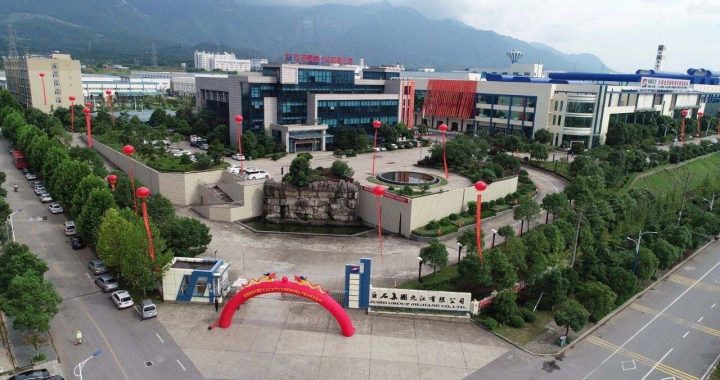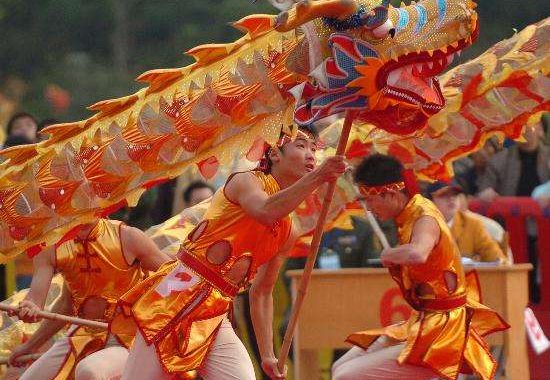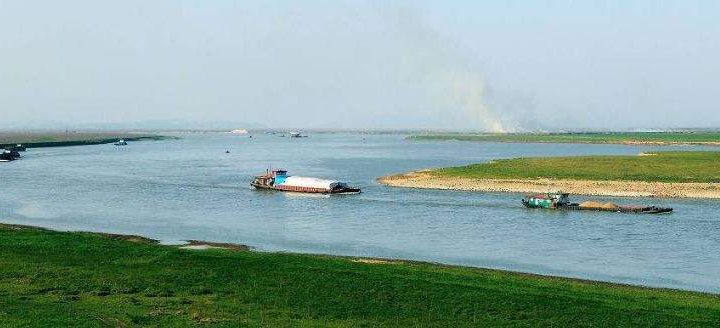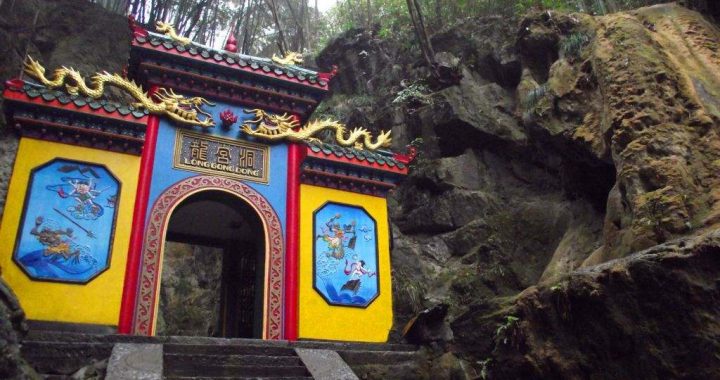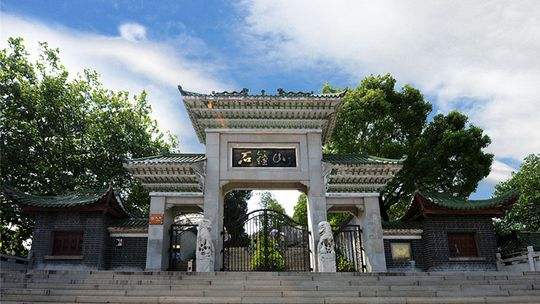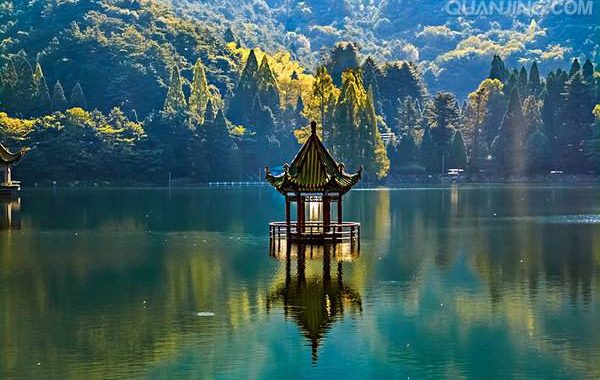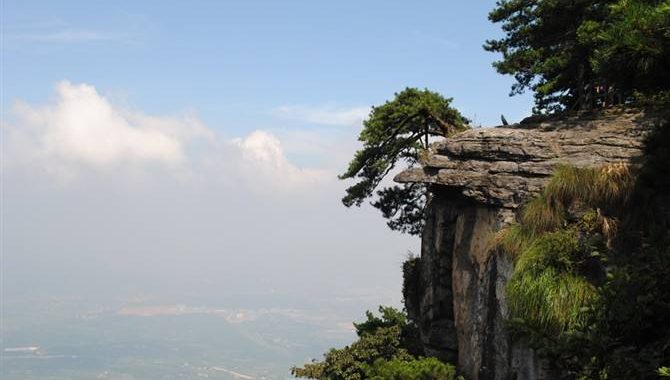Brief Introduction to Jliujiang Tourism
3 min readJiujiang is rich in culture and many talented people come here especially since the Jin Dynasty. The most famous include: Tao Yuanming, the famous Jin Dynasty pastoral poet; Huang Tingiian, the leader of “the four Su scholars”; Chen Baojian, the Qing Dynasty famous reformer, and his three sons; Xu Deheng, the vice president of the standing committee of the National People’s Congress and Li Liejun, the pioneer of the 1911 Revolution. Many famous writers and calligraphers have been here such as Wang Xizhi, Xie Lingyun, Li Bai, Bai Juyi, Wang Anshi, Su Shi, Zhu Xi, Wang Yangming and Kang Youwei, etc. They have left numerous poems, anecdotes, pieces of calligraphy, inscriptions and tales which have formed many legendary cultural sites. The proletarian revolutionaries of the older generation, such as Chairman Mao and Zhou Enlai, visited Jiujiang several times, and they have left behind them many valuable historical remains.
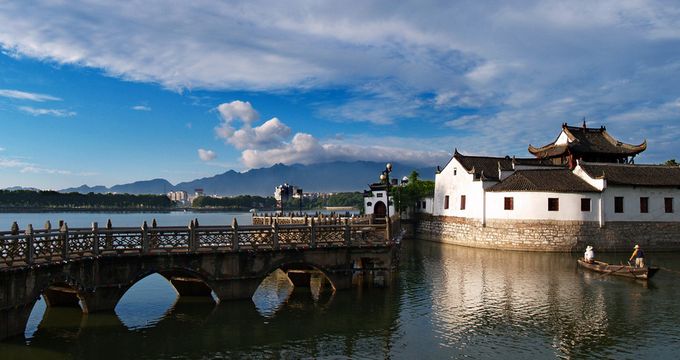
Jiujiang has produced many scenic spots with distinctive characteristics due to its long civilized history and beautiful, special and perilous natural sites.A tourism system in northern Jiangxi Province consisting of a famous mountain (Lushan),a famous cave(Dragon Palace Cave),a famous river(the Yangtze River),a famous lake(Poyang Lake) and famous temples(Donglin Temple, Zhenru Monastery) with Mount Lushan as the center, has been preliminarily formed.
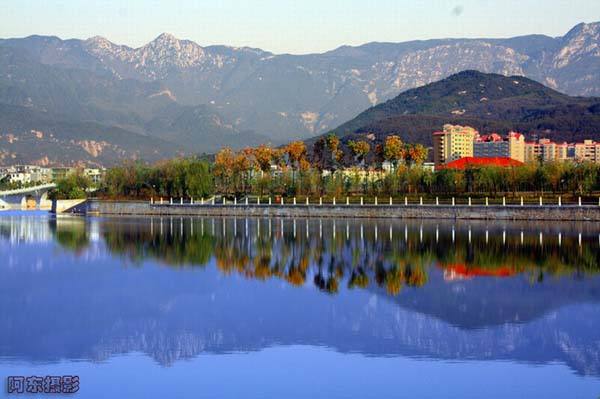
As a world cultural site, Mount Lu was listed in the”World Cultural Heritage Name List”by the UNESCO in November,1996. It is also one of the 40 best scenic spots in China. World famous summer resort, Mount Lushan, is the pride of Jiujiang.
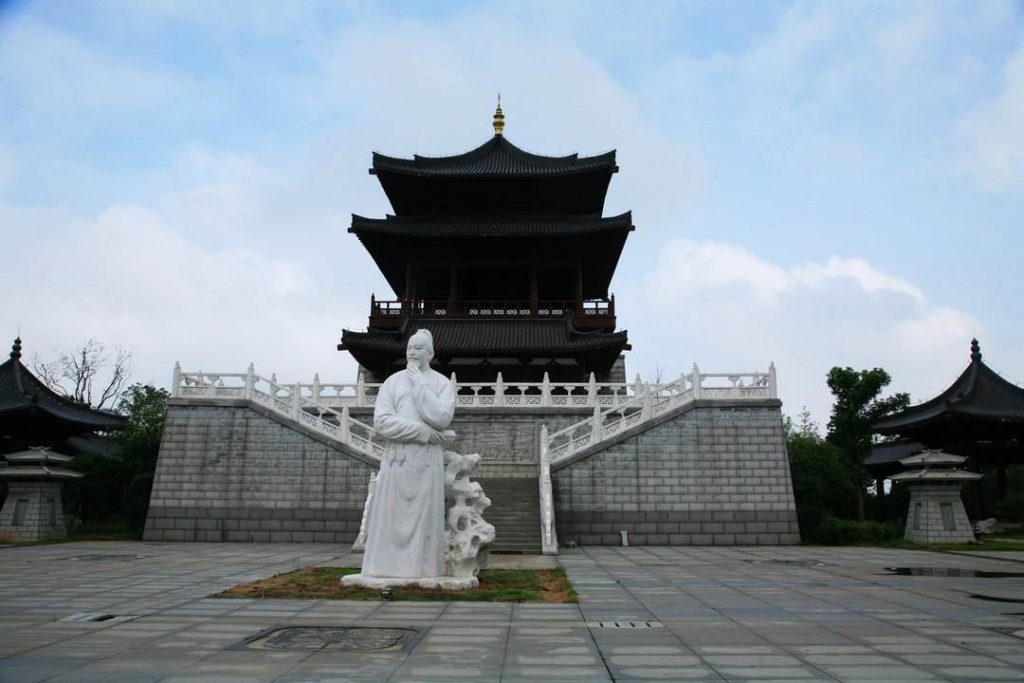
Poyang Lake is the largest fresh water lake in China. It covers an area of 3,600 square kilometers and is the ideal place for migratory birds to live and rest.126 kinds of migratory birds spend the winter here, and there are more than 3000 valuable white cranes and’ more than 10,000 swans under the country’s protection, the greatestnumber of both in the world. Thus it is called”the second Great Wall”of China.
There are some scenic spots in the urban districts,such as the Misty Water Pavilion-a platform where Zhou Yu,a general during the Three Kingdom period,delegated tasks to his fellows;Pipa Pavilion,which became famous because of“the Song of the Pipa”written by Bai Juyi,a poet in the Tang Dynasty and XunyangTower where Song Jiang,a rebel in the Song Dynasty,wrote a rebellious poem.
Gantang Lake and Nanmen Lake are located in the center of the city properly with a total area of 1,450,000 square meters.
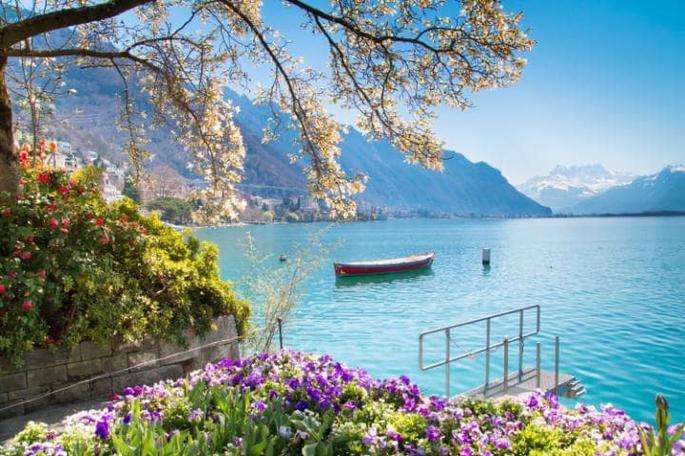
The main scenic spots dispersed throughout the counties and districts are:Tao Jingjie’s Ancestral Temple for Tao Yuanming who was a famous pastoral poet during the Jin Dynasty(317AD-420AD);Tomb of Yue Fei’s Mother(Yue Fei is a national hero in the Song Dynasty(1127AD-1279AD);Stone Bell Hill,a key military site that locks and controls Poyang Lake and the Yangtze River;Dragon Palace Cave which is a 2700-meter-long underground karst cave.There are some cultural relics in Jiujiang,such as the Large Copper Mine Relics which were minedduring the Shang and Zhou Dynasties in the Copper Valley of Ruichang City and the White Deer Cave Academy founded by Zhu Xi which was one of the four biggest ones in ancient China.
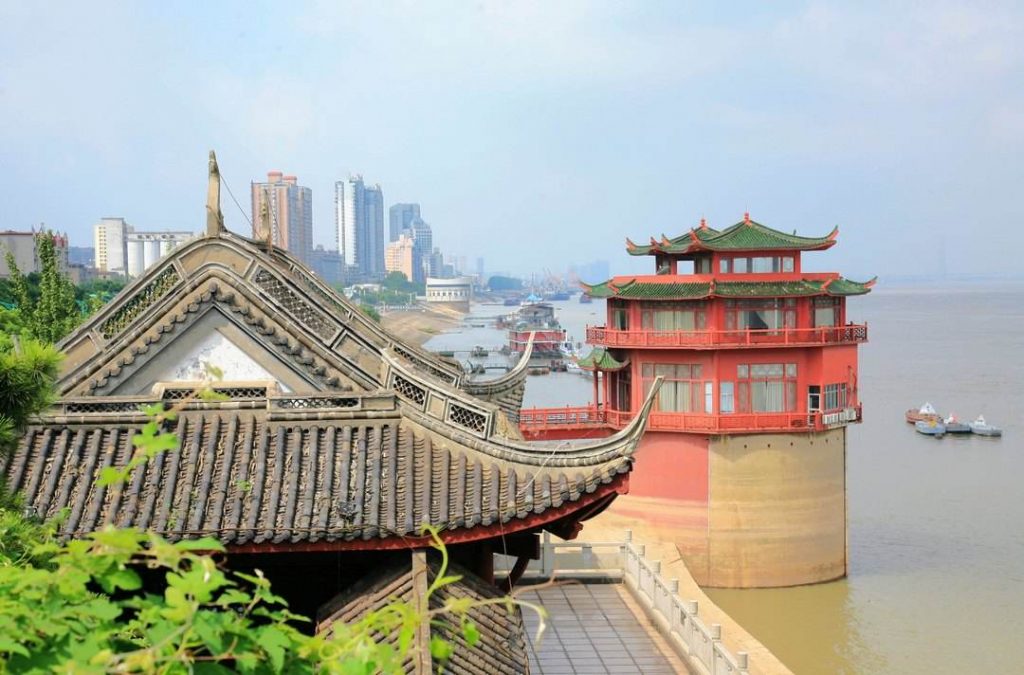
Jiujiang had strong links to Buddhism and Taoism for a long time.It was a center for the popularization of Buddhism in southern China when Buddhism was first introduced to China.The Pure Land Sect of Buddhism originated from the Donglin Temple on Lushan,and the temple still has a wide overseas influence.Zhenru Monastery on Yunju Hill is one of the key temples in China.The Immortal’s Cave and Jianji Monastery on Lushan are holy sites where Taoists come to worship.
The tourism hardware facilities have been greatly improved.There are 50 star-rated hotels in Jiujiang with a total number of 6300 beds that can receive foreign guests,among which there are 4 four-star hotels,20 three-star hotels.There are 80 traveling agencies including 4 international ones.During 2006,they received 117,000 foreign guests with a tourism income of USD 34,094,000 and 10,111,000 domestic guests with a tourism income of RMB 6.896 billion.
